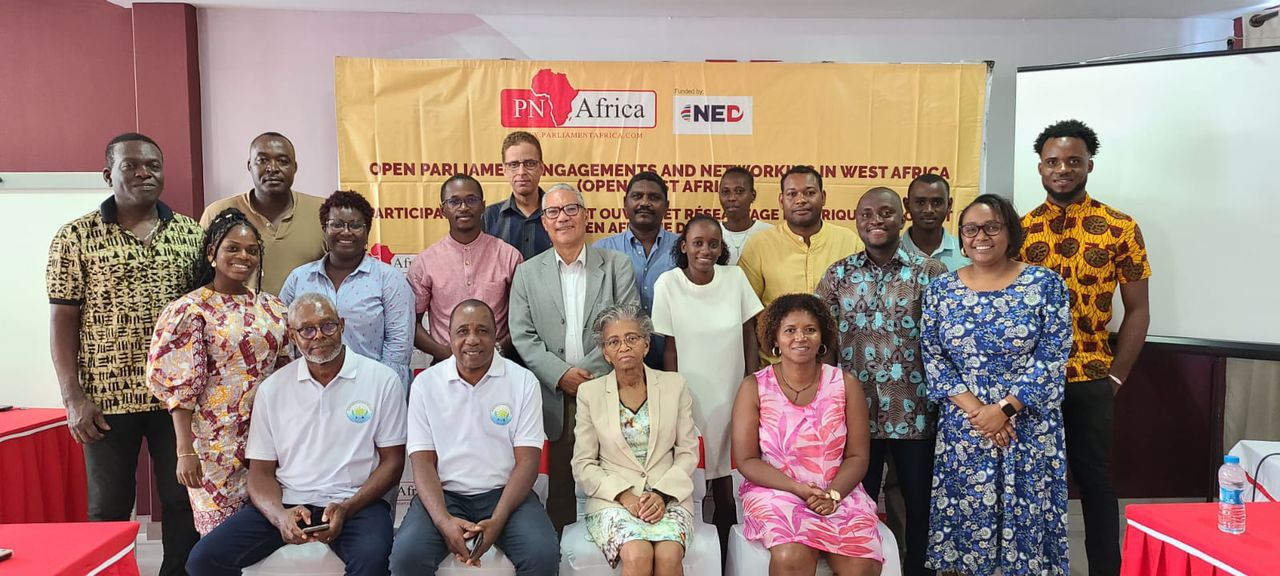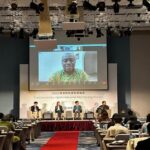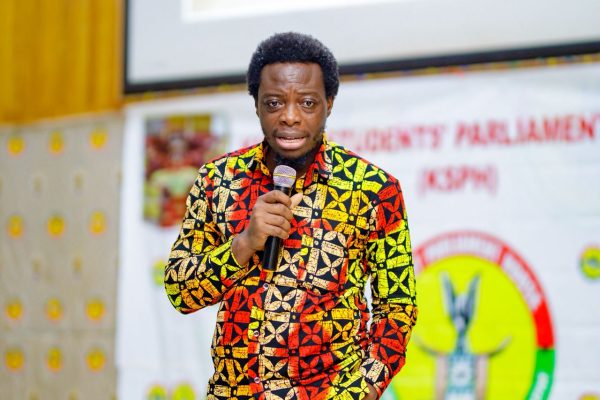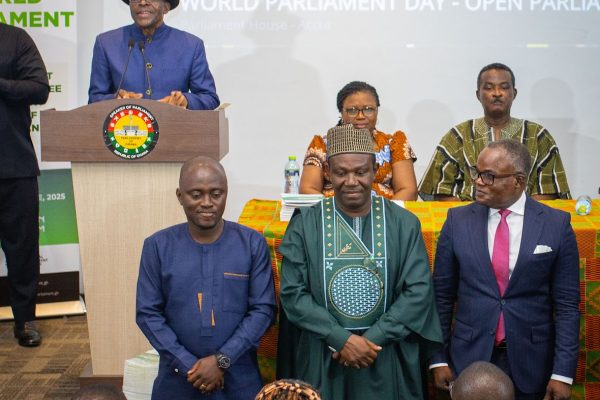In line with its capacity-building objective, the Parliamentary Network Africa (PNAfrica) organized capacity-building workshops to train PMOs in Africa on various topics relevant to the delivery of its mandate.
As part of the training, PMOs in Africa were taken through various tools they could use to build their networks. They were also taken through the draft regulatory framework which has guidelines to guide networks to structure themselves. This workshop had about hundred and thirty people registering from thirteen countries and with about fifty-six (56) people participating.
In addition, the training sought to train members on Open Parliament, the roles Parliaments and Civil Society should play to advance Open Parliament, how countries can join the OGP. The training also highlighted some of the amazing things other parliaments and Civil society organizations are doing to enhance openness. The experience sharing served as a means of other networks and Parliaments to learn from best practices being implemented by others.
Besides the two capacity-building workshops organized, Parliamentary Network Africa and the African Parliamentary Monitoring Organizations Network (APMON) organized a webinar on 30th June 2023, on the International Day of Parliamentarism to provide the opportunity for parliaments and civil society organizations (CSOs) to review the progress made in achieving its goals to be more transparent, accountable, and representative a year after the launch of the African Open Parliament Index.
This webinar was on the theme “The African Open Parliament Index 2022: Assessing the Impact, Sharing Lessons, and Identifying the Challenges”. About a hundred and fifty people from African and beyond registered for the webinar which had about a hundred people participating.
The webinar had guests such as Caroline Gaita, Chairperson, Africa PMOs Network/Executive Director, Mzalendo Trust, Kenya, David Patterson, Senior Director, Africa Program, National Endowment for Democracy, Maria Baron, Global Executive Director, Directorio Legislativo, Argentina and Tarik Nesh-Nash Coordinator, Open Government Partnership, Africa & the Middle-East. In the meeting were also MPs, Parliamentary staff, PMO networks and their lead organisations. The virtual event which was held on zoom had a panel discussion of 9 speakers divided on Anglophone and Francophone lines.
This webinar also gave parliaments and CSOs the platform to assess the level of progress made in improving the standards of open parliament across the West African sub-region, to provide feedback and share lessons since the publication of the OPI report. The event also enabled parliaments and CSOs to make recommendations and input to the process of developing the next OPI in 2024.
PNAfrica, in its commitment to promoting a wealth of parliamentary knowledge, has populated the resource hub with approximately twenty reading materials. These materials have been sourced from PMOs operating across the region, ensuring a diverse and comprehensive collection of documents covering various aspects of parliamentary governance, transparency, and civic engagement. The inclusion of these materials enriches the resource hub, providing visitors with a broad spectrum of insights into parliamentary practices and related topics.
Recognizing the importance of generating content that addresses critical aspects of parliamentary work, PNAfrica took proactive measures to produce two knowledge materials for inclusion in the resource hub. The first material focuses on “Resource Mobilization for Effective Network Sustainability,” offering valuable insights and strategies for sustaining and enhancing the impact of parliamentary networks. The second material is a comprehensive compendium delving into the intricacies of the 5th Parliament of Sierra Leone. This compendium serves as a valuable resource for understanding the parliamentary landscape in Sierra Leone during that period.
The resource hub, enriched with contributions from PMOs and PNAfrica’s knowledge materials, has become a valuable repository for parliamentary stakeholders. It serves as a hub of information, fostering knowledge-sharing and collaboration across the region. The inclusion of diverse materials and the production of knowledge resources contribute to PNAfrica’s mission of promoting transparency, accountability, and effective parliamentary practices in Africa.





